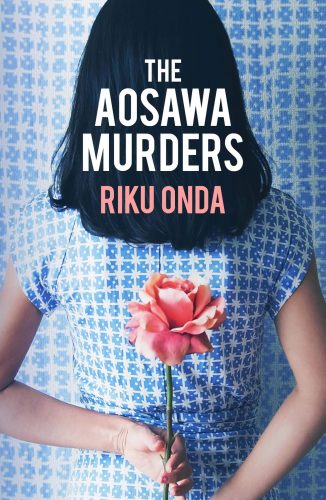
How do we ever reach the truth?
In Riku Onda’s deliciously disturbing tale, multiple narrators seek to bear witness to a terrible event, but it is clear that each brings their own prejudices and preoccupations to their retelling. How then, does one achieve clarity and understand the heart of the matter? Perhaps the emotions and feelings will ultimately prove more powerful than the words themselves, though the words are compelling and the witnesses themselves experience flashes of telling insight (usually near the conclusion of a chapter!). But what on earth am I writing about? Freshly translated Japanese murder mystery, ‘The Aosawa Murders’, of course.
What’s it about?
‘Even after reading the book, I still don’t have the slightest idea.’ – Makiko Saiga’s brother
The brutal murder of 17 people – including children. The after effects of such a terrible crime, still felt decades later. The feel of evil. The impossibility of ever fully comprehending the truth, as “truth” is, to a large extent, in the eye of the beholder, and recalling an event will, inevitably, distort and reshape it.
Tell me more!
Ok, here’s the blurb and some intel on the author:
On a stormy summer day in the 1970s the Aosawas, owners of a prominent local hospital, host a large birthday party in their villa on the Sea of Japan. The occasion turns into tragedy when 17 people die from cyanide in their drinks. The only surviving links to what might have happened are a cryptic verse that could be the killer’s, and the physician’s bewitching blind daughter, Hisako, the only family member spared death. The youth who emerges as the prime suspect commits suicide that October, effectively sealing his guilt while consigning his motives to mystery. Inspector Teru is convinced that Hisako had a role in the crime, as are many in the town, including the author of a bestselling book about the murders written a decade after the incident. The truth is revealed through a skillful juggling of testimony by different voices: family members, witnesses and neighbors, police investigators and of course the mesmerizing Hisako herself.
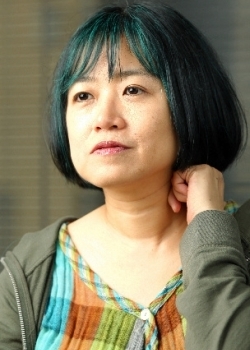
Riku Onda, born in 1964, is the professional name of Nanae Kumagai. She has been writing fiction since 1991 and has won the Yoshikawa Eiji Prize for New Writers, the Japan Booksellers’ Award, the Mystery Writers of Japan Award for Best Novel for The Aosawa Murders, the Yamamoto Shūgorō Prize, and the Naoki Prize. Her work has been adapted for film and television. This is her first crime novel and the first time she is translated into English. Hopefully it won’t be the last!
What’s it like?
Mysterious. Intriguing. A slow burn of a read that gradually reveals insights into the nature of multiple narrators whilst only hinting at the motive and methods behind such a terrible crime. This is a story you’ll want to savour, reading perhaps one witness account per evening, drinking in all this character’s perceptions and reminisces, greedily adding their crumbs of knowledge to your cake of conviction.
Whodunnit? Well, everyone is sure Hisako is involved somehow, but how? The sole unaffected survivor, daughter of a family murdered in one fell swoop, Hisako is kept at a distance for the majority of the book, and when one narrator finally meets her she is struck by a sudden horror that:
‘maybe it was simply all an illusion?…What if everybody simply desired the culprit to be a spectacularly evil, cunning, beautiful woman?’
It’s a stunning moment and as a reader I felt her shock with her. Did we all just create what we wanted to see? Are we complicit? I felt a complete absorption in the moment which was testament to both Riku Onda’s skill as a story teller and Alison Watts’ skill as a translator. Had we – myself and the various narrators – allowed ourselves to be grotesquely misled?
Final thoughts
I loved the way each story gradually nestles inside the previous one, like a series of Russian dolls nesting or an unfolding string of paperchains. Although I was momentarily puzzled to find a chain of logical witnesses – the author of a book about the murders, the housekeeper’s daughter, the detective in charge of the case etc. – interrupted by a tale from ‘The Young Master from the stationary shop’ and then from ‘The tobacconist’s grandson’, there is a common thread that soon begins to unravel a little more of the mystery…
‘The Aosawa Murders’ is very different from the crime fiction I usually read but I thoroughly enjoyed it. This is a story to savour and I am already looking forward to re-reading it and enjoying the slow piecing together of the truth behind a crime that will remain, to some extent, unknowable.
Highly recommended.
‘The Aosawa Murders’,
written by Riku Onda,
translated by Alison Watts,
2020, Bitter Lemon Press, paperback
Thanks to Bitter Lemon Press and Anne Cater for providing me with a copy of this book in exchange for an honest review and a spot on the blog tour.
Want to know more? Follow the blog tour:
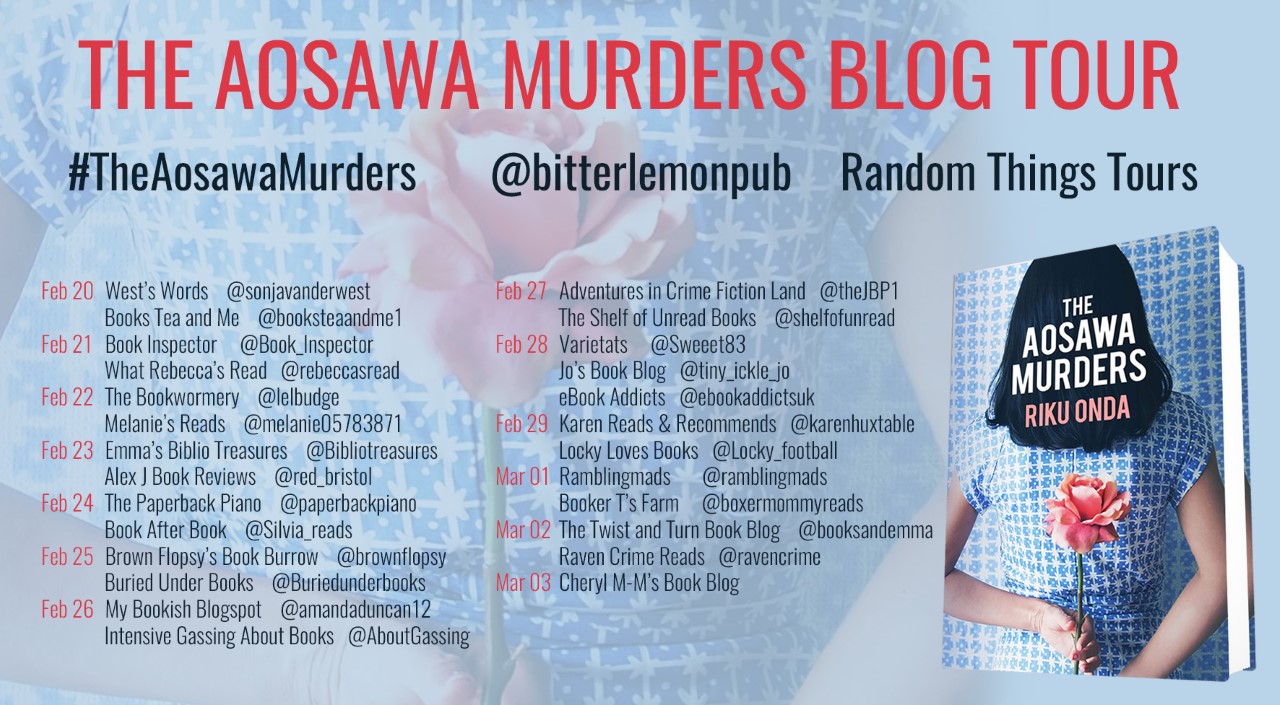
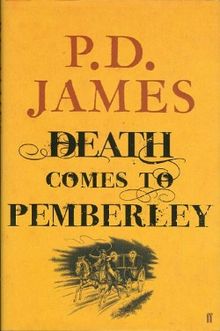
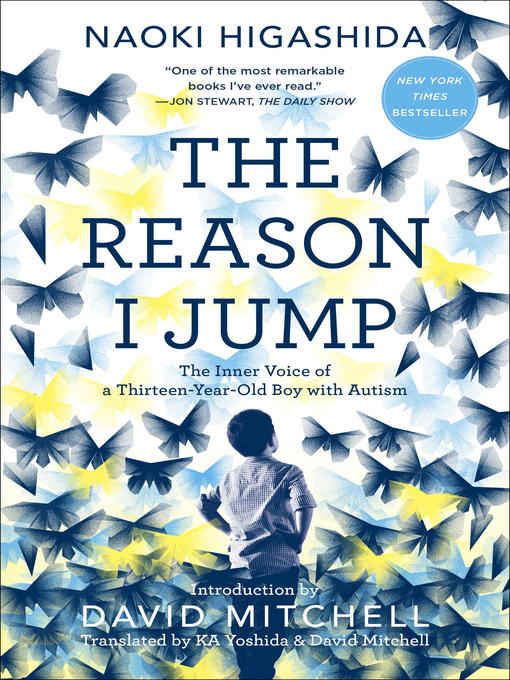

1 Comment
Huge thanks for the blog tour support xx